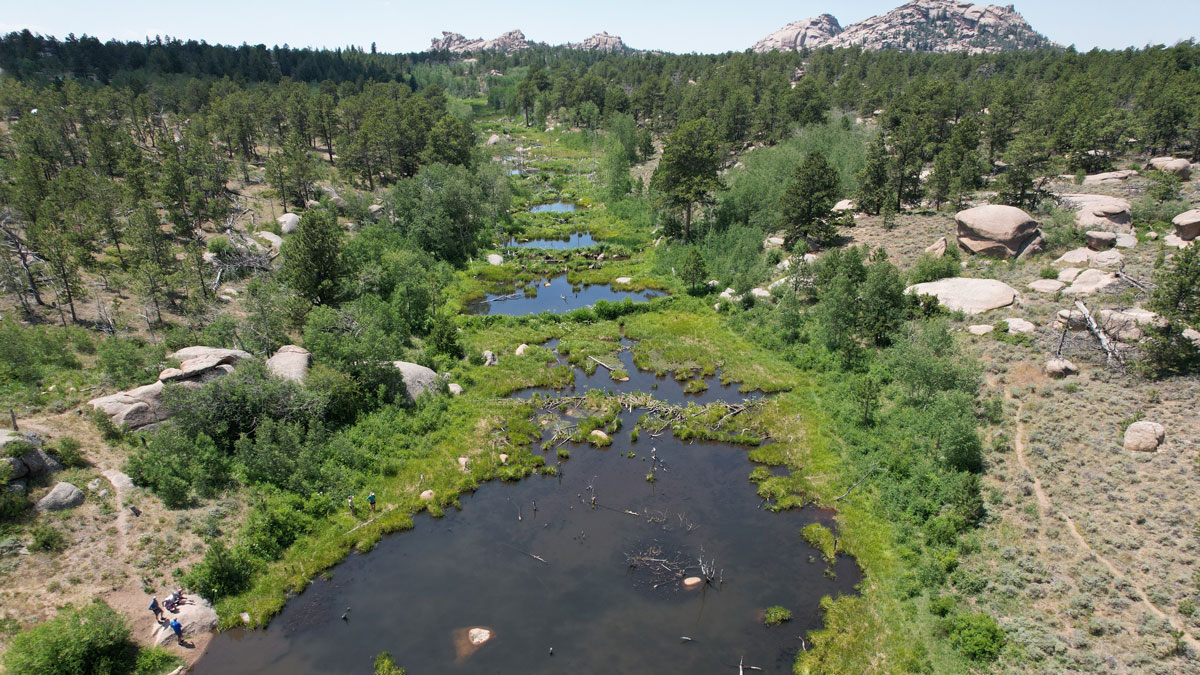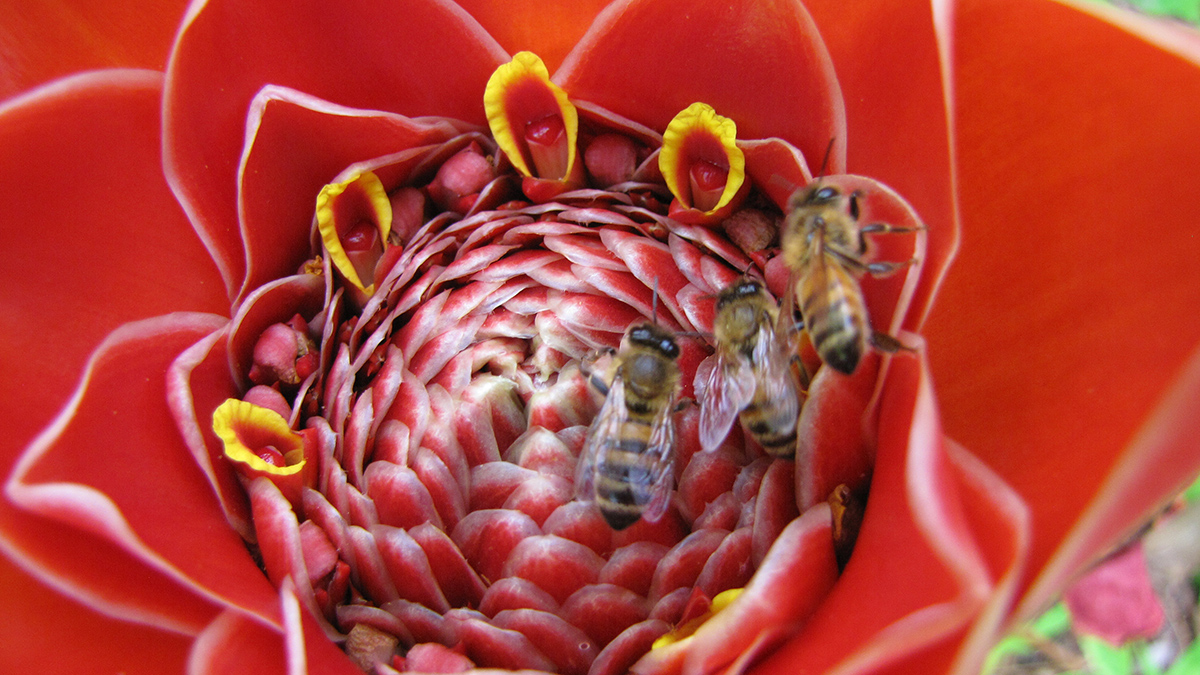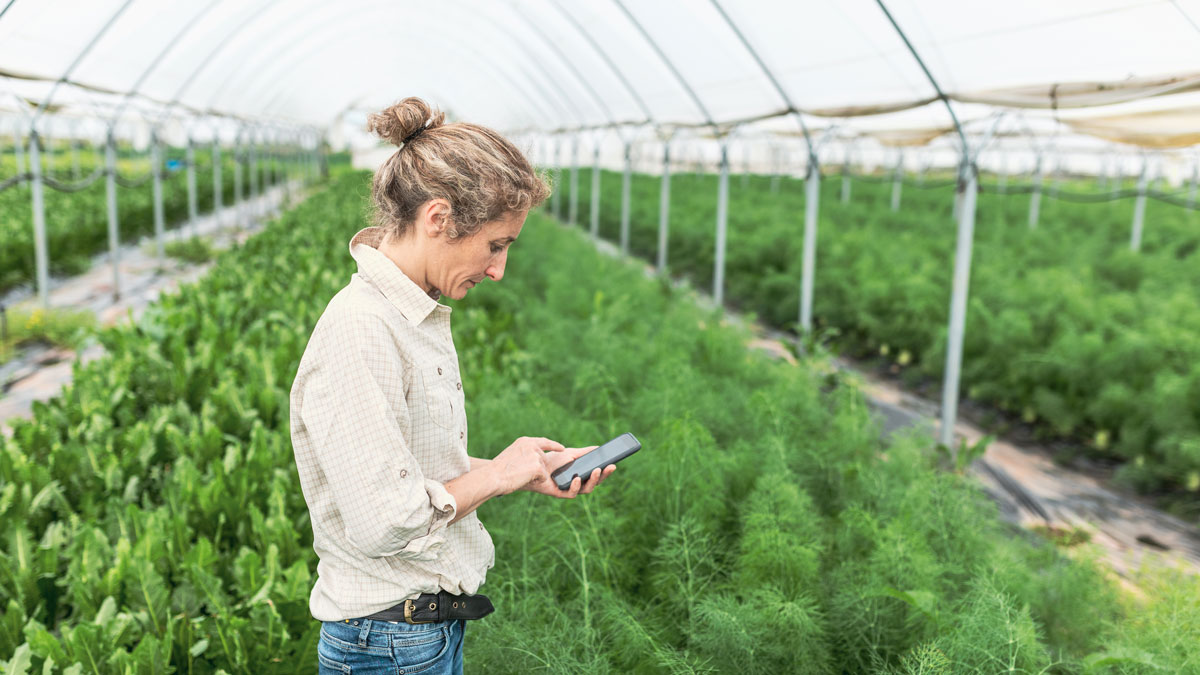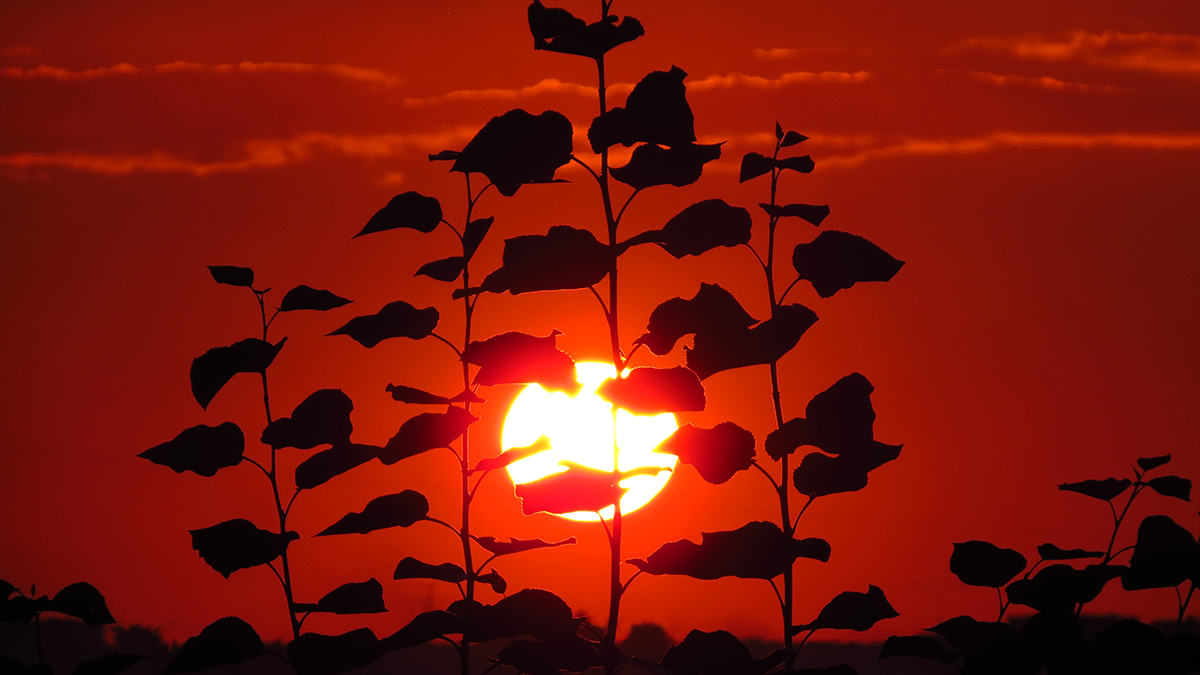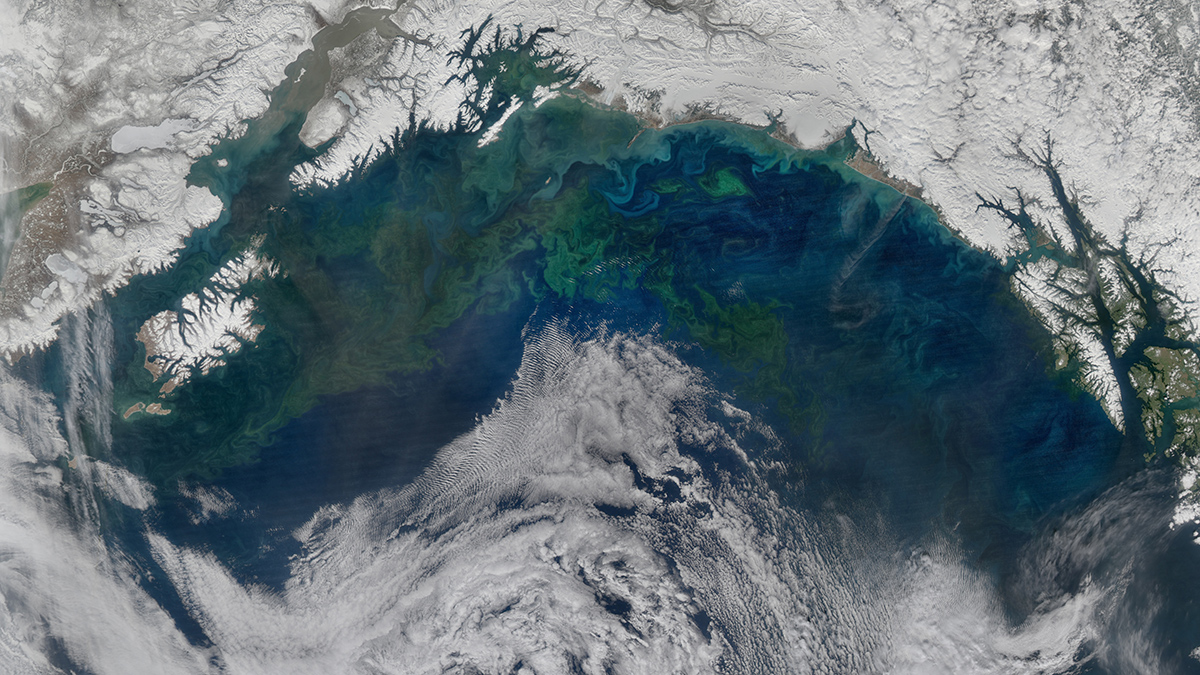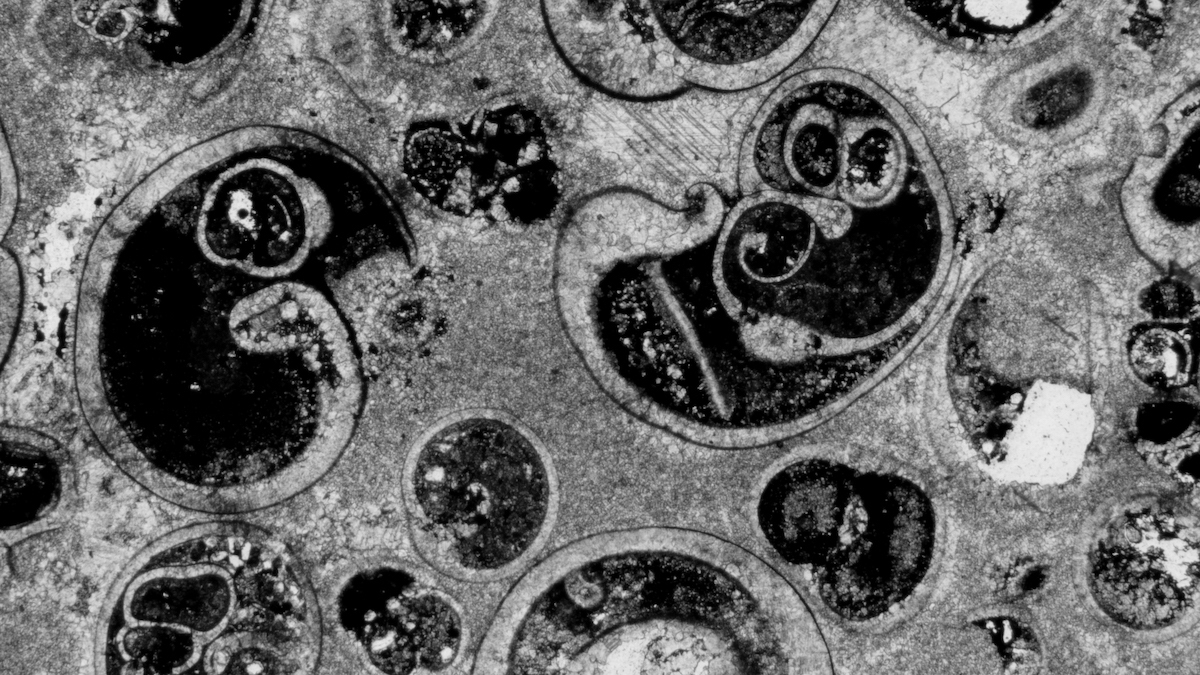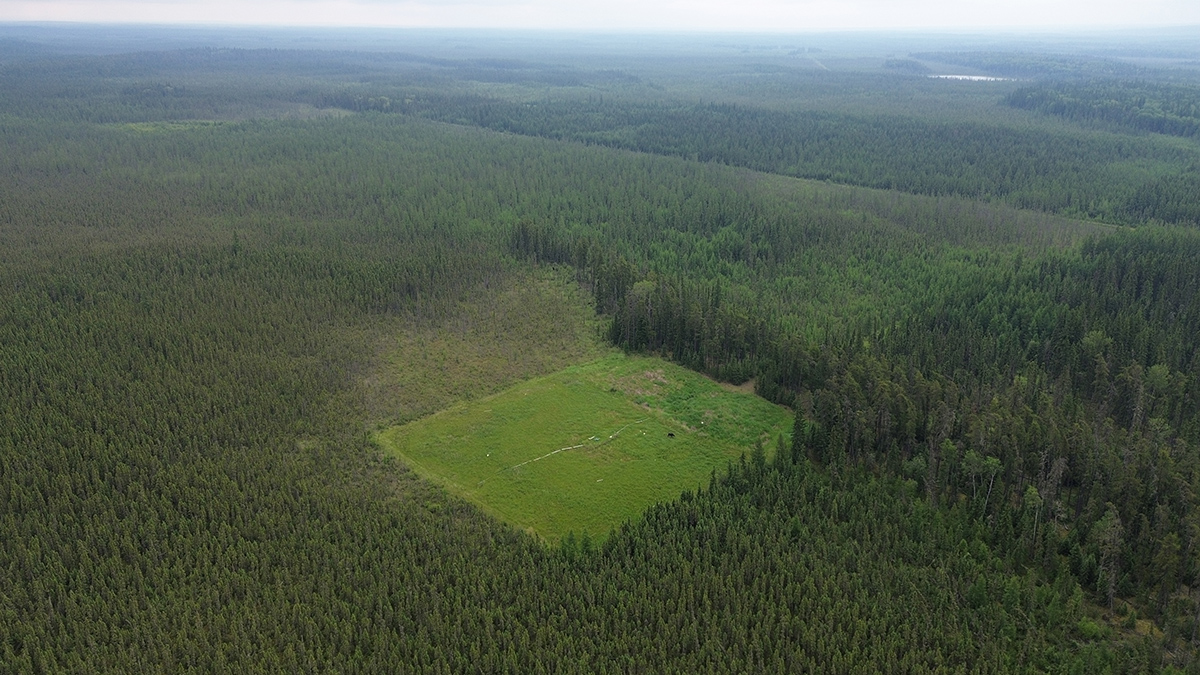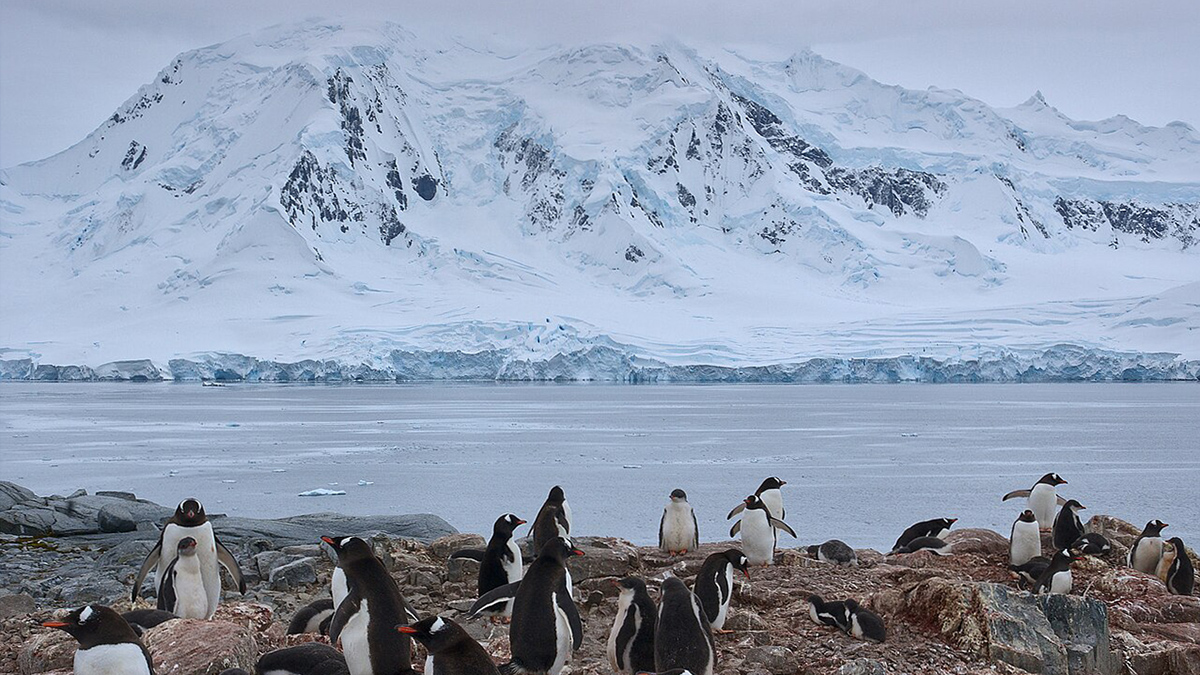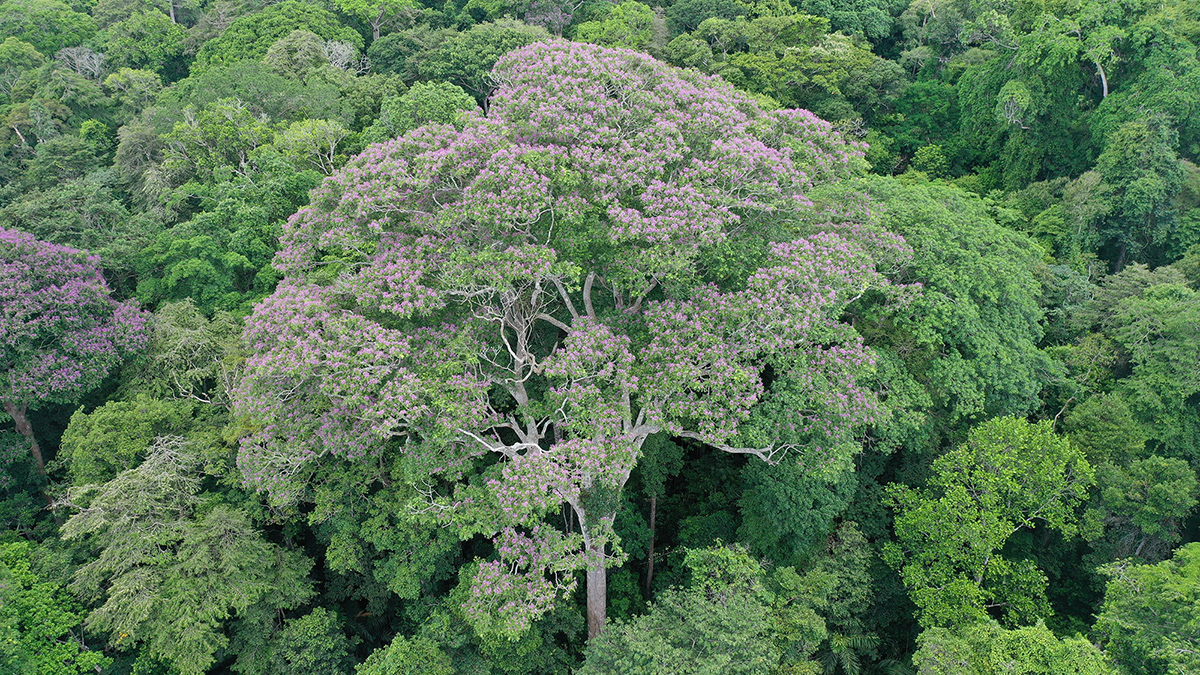For the first time, researchers are able to add hydrologic estimates to find where reintroducing beavers could best benefit a watershed and the humans who live within it.
biogeosciences
El Niño May Be Driving Insect Decline in the Tropics
Stronger and more frequent El Niño events are contributing to a decline in arthropod diversity and population, as well as to a reduction in the ecological services the animals provide.
Protein-Powered Biosensors with a Nose for Environmental Ills
Odorant-binding proteins derived from pigs, bovines, and other animals are the next frontier in localized, climate-smart sensing of pesticide spills, greenhouse gas precursors, and more.
In the Arctic, Consequences of Heat Waves Linger
The aftermath of a historic 2020 heat wave could still be felt in Siberia a year later.
Iron Emissions Are Shifting a North Pacific Plankton Bloom
Some of the iron emitted by industrial activity in East Asia is carried by winds into the North Pacific, where it nourishes iron-hungry phytoplankton.
Biomass and Biodiversity Were Coupled in Earth’s Past
Measuring shells and skeletons encased in thousands of limestone samples has revealed that the sheer amount of living stuff in Earth’s oceans changed alongside the diversity of organisms.
Surface Conditions Affect How Mosses Take to Former Well Pads in Canada’s Boreal Fens
With the help of key moss species, a new approach aims to restore the fens of the Western Boreal Plain.
Where Do Antarctic Submarine Canyons Get Their Marine Life?
A new study investigates how much of the phytoplankton in the Palmer Deep submarine canyon is homemade and how much is delivered.
Algunos árboles tropicales se benefician de los rayos
Dos imágenes muestran el mismo árbol, antes (izquierda) y después (derecha) del impacto de un rayo. En la imagen de la derecha, el árbol no está cubierto de enredaderas leñosas y algunos de los árboles que lo rodean han muerto.
As Climate Changes, So Do Gardens Across the United States
Warmer winter temperatures have altered frost patterns and growing seasons across the United States, forcing botanical gardens and arboretums to adapt.

